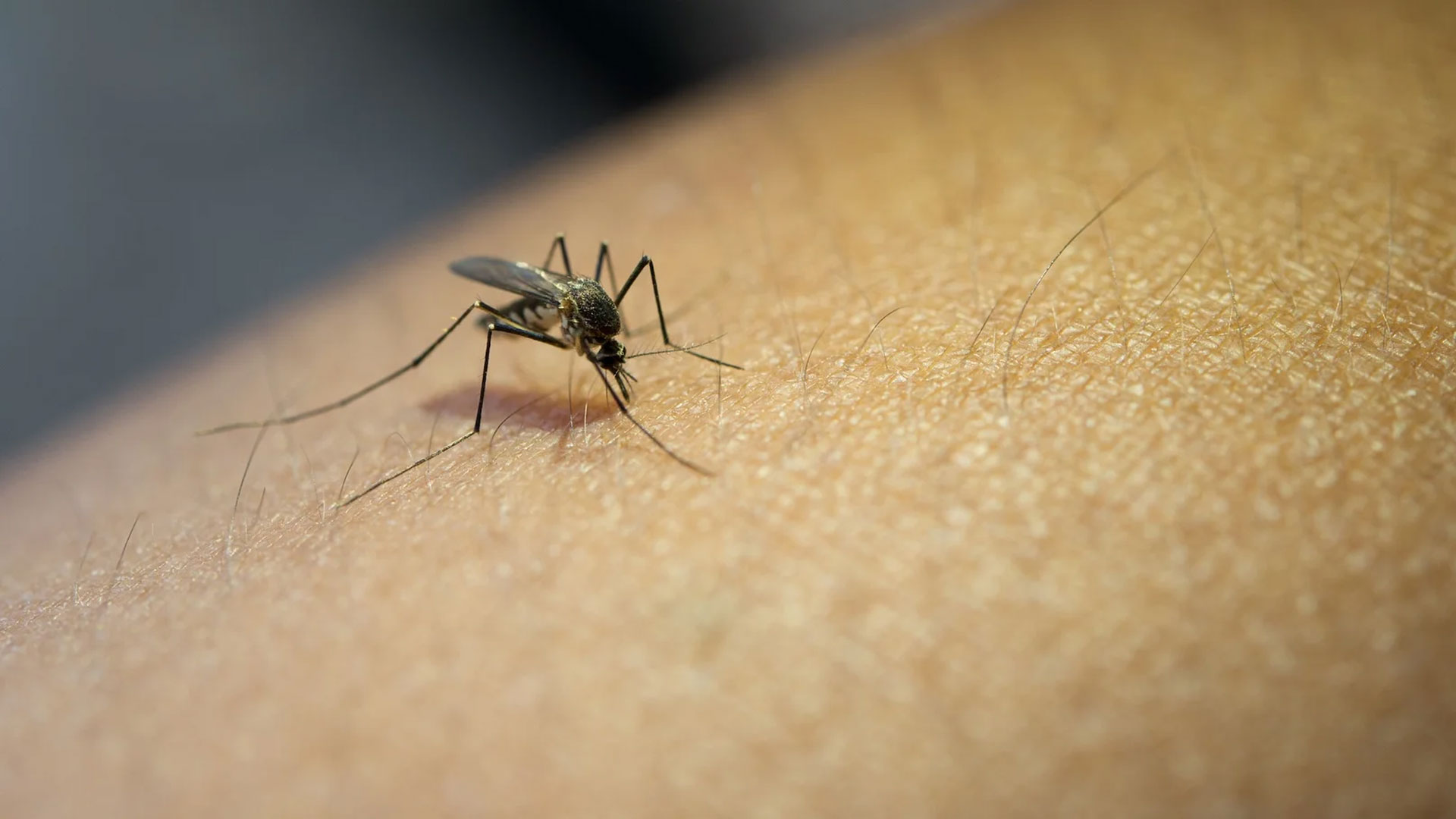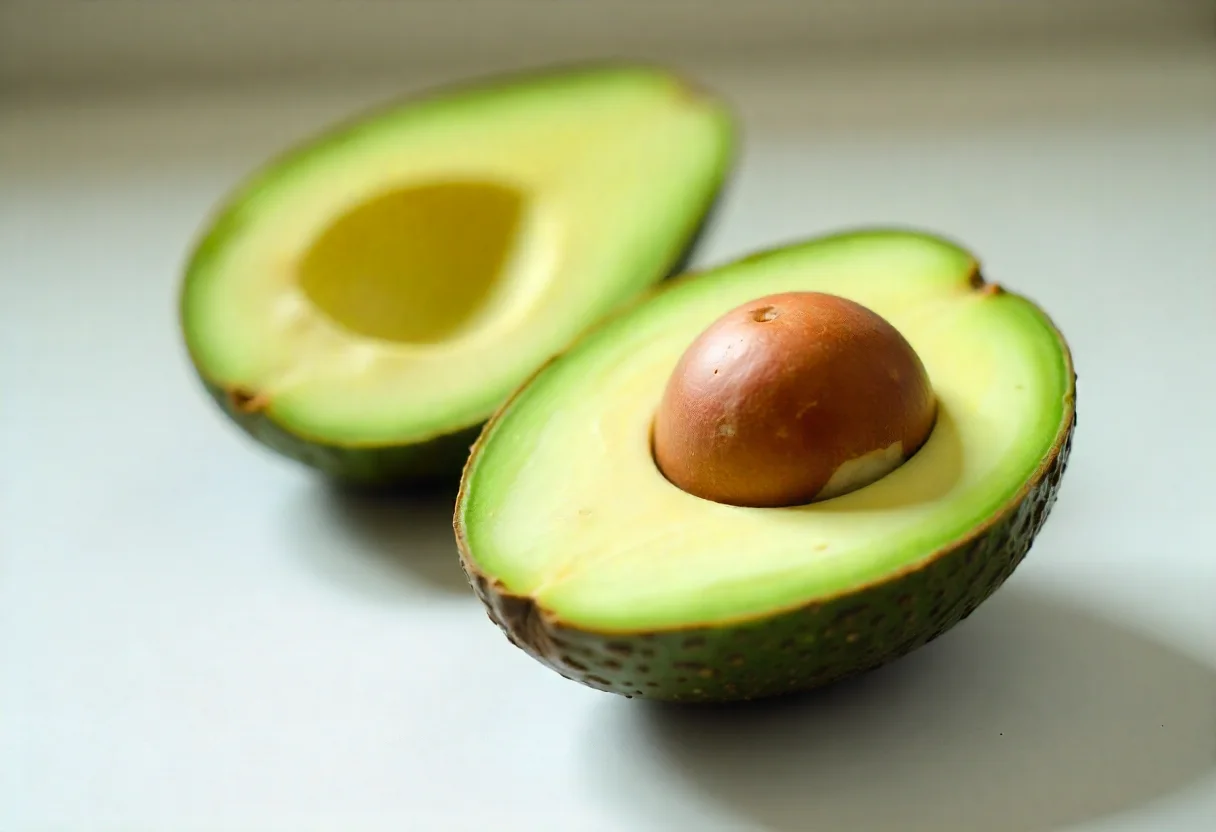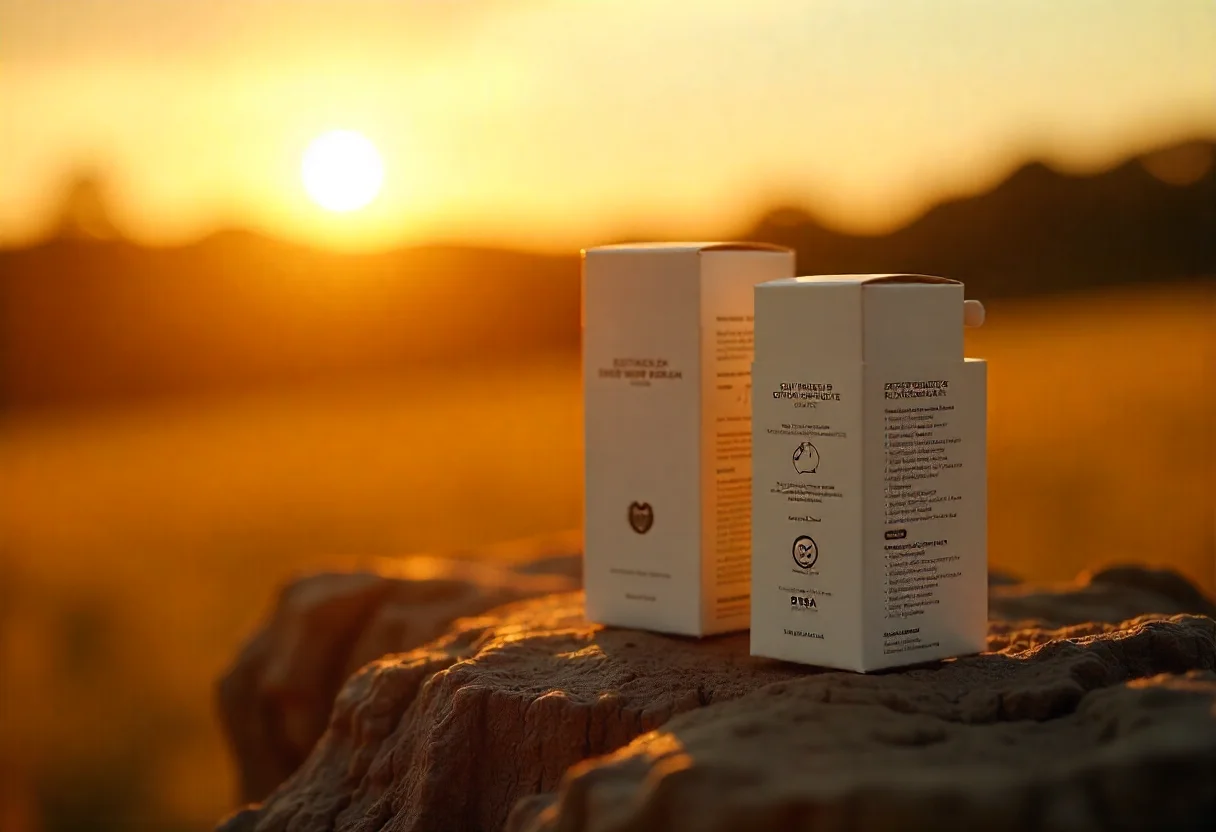"Carob is one of the strategic crops of the future, with its health benefits, wide range of value-added products, and sustainable agricultural potential."

Introduction and Importance
Carob (Ceratonia siliqua) is a drought-resistant legume native to the Mediterranean region, traditionally used and now regaining value in health, food, and industrial sectors. Referred to as a “superfood,” carob stands out with its rich nutritional profile and variety of value-added products.
Health Benefits
- Antioxidant and Cardiovascular Support: Rich in polyphenols and fiber, carob helps reduce cholesterol and protects heart health.
- Diabetes and Metabolic Health: Thanks to its D-pinitol content, it enhances insulin sensitivity and helps regulate blood sugar levels.
- Digestive Health and Weight Management: High fiber content provides satiety, supports gut health, and may aid in weight control.
- Other Effects: Carob also offers anti-inflammatory, anti-ulcerogenic, antibacterial, and potential anticancer properties.
Value-Added Products
- Carob Powder: A caffeine-free and gluten-free alternative to cocoa powder.
- Carob Syrup (Molasses): A natural sweetener with high antioxidant content.
- LBG (Locust Bean Gum): An essential stabilizer in the food industry, with high economic value.
- D-Pinitol Extract: Used in the nutraceutical and supplement industry for glycemic control.
- Cosmetics and Nutraceuticals: Functional components for skincare and dietary supplements.
Economic and Global Market Analysis
- Production: Mainly centered in the Mediterranean; Turkey's share is increasing.
- Market Size: Valued at $200 million in 2020, expected to exceed $384 million by 2030.
- Pricing: Products like LBG have unit prices tens of times higher than raw carob, reflecting high added value.
Investment Potential
- Suitability for Agricultural and Industrial Investment: Long-living trees and high returns from processed products create dual investment opportunities.
- Sustainability: Low water requirement, suitability for marginal lands, and compatibility with organic farming.
- Incentives and Grants: EU and international funding projects reduce investment risks.
Competitive Analysis
- Substitute Products: Competes with cocoa powder, guar gum, honey, maple syrup, etc.
- International Competition: Countries like Spain, Italy, and Morocco are strong players, while Turkey is rapidly rising.
- Firm-Level Competition: Technology and quality are key differentiators in LBG and extract production.
Conclusion
Carob is a strategic product with a health-supporting profile, diverse product applications, high added value, and strong sustainability. With the right strategy and investment, it offers a profitable business opportunity both locally and globally.















